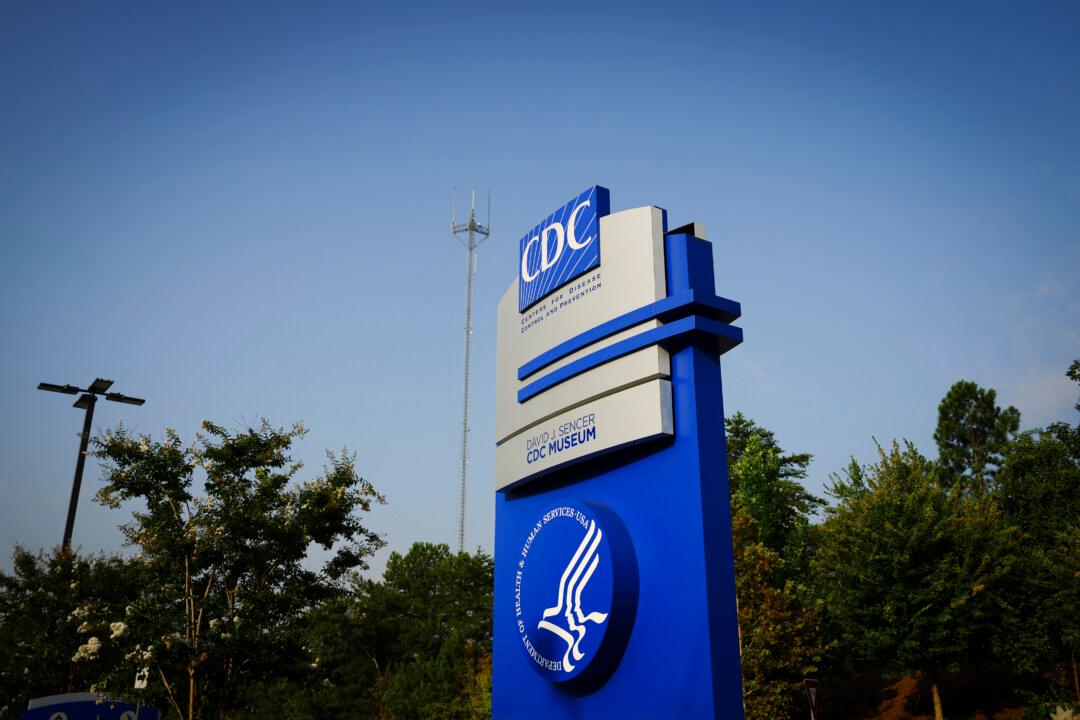The uptake of the new COVID-19 vaccines is lower than ideal, the U.S. Centers for Disease Control and Prevention (CDC) says.
“COVID-19 vaccine uptake is lower than we’d like to see, and most people will be without the added protection that can reduce the severity of COVID-19,” the CDC said in a Nov. 22 statement.





